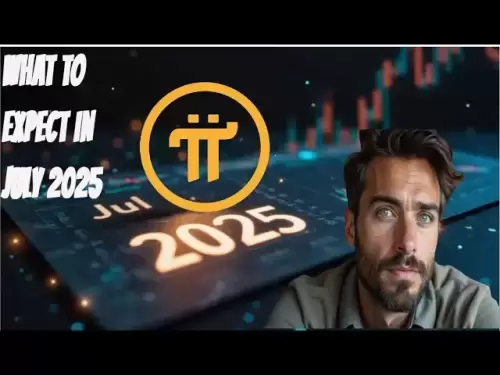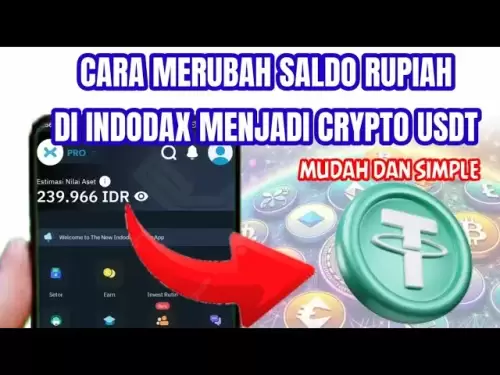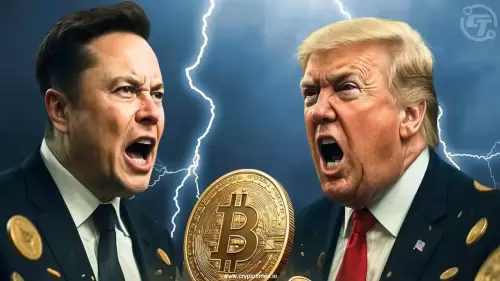 |
|
 |
|
 |
|
 |
|
 |
|
 |
|
 |
|
 |
|
 |
|
 |
|
 |
|
 |
|
 |
|
 |
|
 |
|
グジャラート州バドナガルの考古学者は、アポロドトゥスIIに関連するコイン型を発見し、古代の貿易とインド・グリーク貨幣の永続的な価値に対する洞察を明らかにしました。

The discovery of clay coin moulds in Vadnagar, Gujarat, is rewriting the narrative of ancient trade and economic practices in India. These moulds, linked to the Indo-Greek king Apollodotus II, offer a fascinating glimpse into the past, raising intriguing questions about the reproduction and circulation of ancient coinage.
グジャラート州ヴァドナガルの粘土コイン型の発見は、インドの古代貿易と経済的慣行の物語を書き直しています。インド・グリーク王アポロドトゥスIIにリンクされているこれらの型は、過去を魅力的に垣間見ることができ、古代の貨幣の生殖と循環について興味深い質問を提起します。
Unearthing the Past: Coin Moulds and Apollodotus II
過去を発掘:コイン型とアポロドトゥスII
Recent excavations at Amba Ghat in Vadnagar have revealed 37 clay coin moulds dating back to around the 5th century CE. What makes this discovery particularly compelling is that these moulds were used to create coins resembling those of Apollodotus II, an Indo-Greek ruler who reigned centuries earlier, between the 2nd and 1st centuries BCE. Apollodotus II was known for his bilingual coins, drachmas, which were used in ancient trade. However, no actual coins were found alongside the moulds, adding a layer of mystery to the find.
VadnagarのAmba Ghatでの最近の発掘により、5世紀頃に遡る37の粘土コイン型が明らかになりました。この発見を特に魅力的にしているのは、これらの金型が、紀元前2世紀から1世紀の間に何世紀も前に君臨していたインド・グリークの支配者であるアポロドトゥスIIのコインに似たコインを作成するために使用されたことです。アポロドトゥスIIは、古代貿易で使用されたバイリンガルコインであるドラハスで知られていました。ただし、実際のコインは金型に沿って見つかりませんでしたが、発見に謎の層が追加されました。
A Hub for Coin Reproduction?
コインの再現のハブ?
Archaeologists suggest that Vadnagar may have been a local center for reproducing these coins, possibly to meet the demands of trade markets long after the original coins had disappeared. The moulds show signs of reuse, and some even feature double impressions, indicating that multiple coins could be cast at once. This suggests a deliberate effort to replicate coins that were once valuable in long-distance trade.
考古学者は、Vadnagarがこれらのコインを再現するための地元のセンターである可能性があることを示唆しています。金型は再利用の兆候を示しており、いくつかは二重の印象を特徴としており、複数のコインを一度に鋳造できることを示しています。これは、かつて長距離貿易で価値があったコインを再現するための意図的な努力を示唆しています。
Gujarat's Connection to Ancient Sea Trade
グジャラート州の古代の海の貿易とのつながり
This discovery underscores Gujarat’s significant role in ancient sea trade. Historical texts mention Apollodotus’s coins being used in Bharuch, a major port in Gujarat. The persistence of Apollodotus’s coins in trade, long after his dynasty had faded, highlights the enduring value of silver coinage across centuries and regions.
この発見は、古代の海の貿易におけるグジャラートの重要な役割を強調しています。歴史的なテキストは、グジャラート州の主要な港であるバルーチで使用されているアポロドトゥスのコインに言及しています。アポロドトゥスの貿易における硬貨の持続性は、彼の王朝が衰退してからずっと後、何世紀にもわたって銀貨の永続的な価値を強調しています。
Why Reproduce Ancient Coins?
なぜ古代のコインを再現するのですか?
One of the biggest questions raised by this discovery is why coins of a long-dead king were being reproduced centuries later, and so far from his original kingdom. Researchers theorize that these reproductions might have been created to meet ongoing trade demands, particularly along the Arabian Sea and Indian Ocean routes. The original coins were made using methods like punch-marking and die-striking, the moulds suggest the people of Vadnagar found original coins and used them as models to create new moulds, a novel approach to coin production.
この発見によって提起された最大の質問の1つは、長年の王の硬貨が何世紀にもわたって再現され、これまでの彼の元の王国からの遠いものであった理由です。研究者は、これらの複製が、特にアラビア海とインド洋のルートに沿って進行中の貿易需要を満たすために作成された可能性があると理論付けています。元のコインは、パンチマーキングやダイストライキなどの方法を使用して作成されました。金型は、ヴァドナガルの人々が元のコインを見つけ、コイン生産への新しいアプローチである新しい金型を作成するためのモデルとして使用したことを示唆しています。
The Broader Significance
より広い意味
The find adds new importance to the region and helps in understanding Gujarat’s history. Artifacts like Indo-Pacific beads, shell bangles, coins, cowries, and torpedo jars confirm Vadnagar’s role as a production center and land port.
この発見は、この地域に新たな重要性を加え、グジャラートの歴史を理解するのに役立ちます。インド太平洋ビーズ、シェルバングル、コイン、カウリー、魚雷瓶などのアーティファクトは、生産センターと陸上港としてのVadnagarの役割を確認しています。
Who knew that digging in the dirt could unearth such a cool story? These coin moulds aren't just old clay; they're a tangible link to a time when trade routes buzzed with activity, and the echoes of Greek kings resonated in the heart of India. It's a reminder that history is always waiting to be discovered, one mould at a time!
汚れを掘ることがそのようなクールな物語を発掘できることを誰が知っていましたか?これらのコイン型は、古い粘土だけではありません。それらは、貿易ルートが活動に騒ぎ立てられ、ギリシャの王のエコーがインドの中心に共鳴した時代との具体的なつながりです。歴史は常に発見されるのを待っていることを思い出させてくれます。
免責事項:info@kdj.com
提供される情報は取引に関するアドバイスではありません。 kdj.com は、この記事で提供される情報に基づいて行われた投資に対して一切の責任を負いません。暗号通貨は変動性が高いため、十分な調査を行った上で慎重に投資することを強くお勧めします。
このウェブサイトで使用されているコンテンツが著作権を侵害していると思われる場合は、直ちに当社 (info@kdj.com) までご連絡ください。速やかに削除させていただきます。



























































